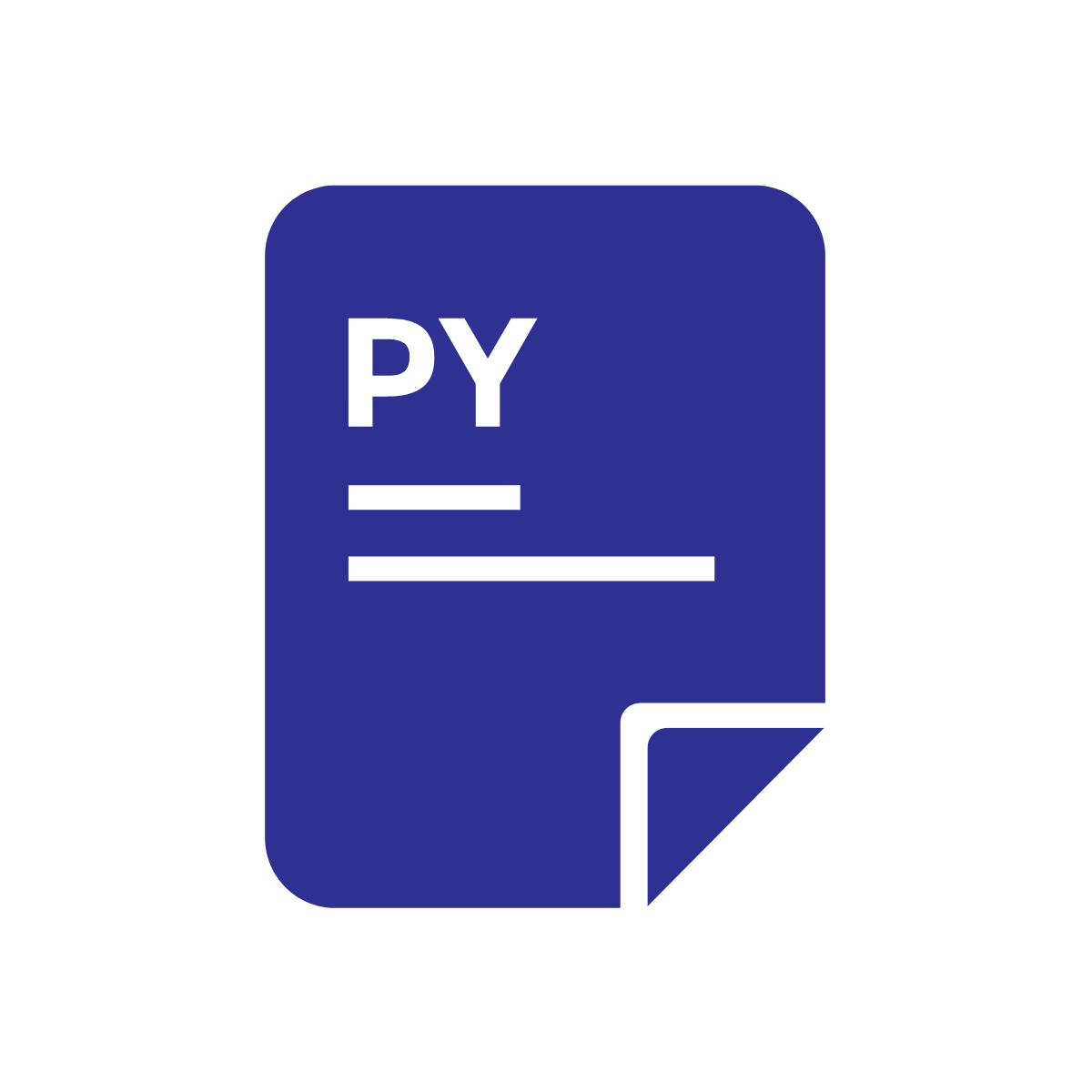
This course is the first course in a series that aims to prepare you for a role working as a programmer. In this course, you will be introduced to the five main concepts in procedural programming: user input, console output, variable declaration and assignment, decision branching and iteration. Labs will allow you to apply the material in the lectures in simple computer programs designed to re-enforce the material in the lesson.
What's inside
Syllabus
Console Input and Output
In this module, we roll up our sleeves and start coding! We will learn to use both IDLE to develop code and also to compile code from the command line. The Python scripts can be written on a Windows, Mac OS or Linux machine and I will show you how to do so. Our first programs will focus on reading input from the keyboard and outputting the results of the program to the console output.
Read more
Syllabus
Good to know
Save this course
Reviews summary
Intermediate python course for devops
Activities
Review basic programming concepts
Show steps
Go over the basic concepts of programming before starting the course, such as variables, data types, operators, and control flow.
Browse courses on
Programming Fundamentals
Show steps
-
Read textbooks or articles on programming fundamentals
-
Complete online tutorials or exercises on basic programming concepts
Organize course notes and materials
Show steps
Consolidate your notes, assignments, and any additional materials to have a comprehensive and well-organized study resource.
Show steps
-
Create a dedicated folder or notebook for the course
-
Regularly review and update your notes after each lecture or class
-
Keep track of important concepts, examples, and resources discussed in class
Practice Python drills
Show steps
Complete practice drills to reinforce the use of Python commands such as input, print, basic arithmetic, conditionals, and loops.
Show steps
-
Find online Python practice drills or exercises
-
Set aside time each day to work on practice drills
-
Review the syntax and concepts covered in the course before attempting the drills
Two other activities
Expand to see all activities and additional details
Show all five activities
Follow Python tutorials
Show steps
Explore online or offline Python tutorials to enhance your understanding of specific concepts, such as data types, control flow, and object-oriented programming.
Show steps
-
Identify areas where you need additional clarification or practice
-
Search for reputable Python tutorials or courses that address those areas
-
Follow the tutorials step-by-step, taking notes and practicing the examples
Create a Python program
Show steps
Develop a small Python program that incorporates concepts learned in the course, such as creating variables, using conditionals, and performing iterations.
Show steps
-
Identify a simple problem or task that can be solved using Python
-
Design the program's logic and structure
-
Write and test the Python code
-
Run the program and verify its functionality
Review basic programming concepts
Show steps
Go over the basic concepts of programming before starting the course, such as variables, data types, operators, and control flow.
Browse courses on
Programming Fundamentals
Show steps
- Read textbooks or articles on programming fundamentals
- Complete online tutorials or exercises on basic programming concepts
Organize course notes and materials
Show steps
Consolidate your notes, assignments, and any additional materials to have a comprehensive and well-organized study resource.
Show steps
- Create a dedicated folder or notebook for the course
- Regularly review and update your notes after each lecture or class
- Keep track of important concepts, examples, and resources discussed in class
Practice Python drills
Show steps
Complete practice drills to reinforce the use of Python commands such as input, print, basic arithmetic, conditionals, and loops.
Show steps
- Find online Python practice drills or exercises
- Set aside time each day to work on practice drills
- Review the syntax and concepts covered in the course before attempting the drills
Follow Python tutorials
Show steps
Explore online or offline Python tutorials to enhance your understanding of specific concepts, such as data types, control flow, and object-oriented programming.
Show steps
- Identify areas where you need additional clarification or practice
- Search for reputable Python tutorials or courses that address those areas
- Follow the tutorials step-by-step, taking notes and practicing the examples
Create a Python program
Show steps
Develop a small Python program that incorporates concepts learned in the course, such as creating variables, using conditionals, and performing iterations.
Show steps
- Identify a simple problem or task that can be solved using Python
- Design the program's logic and structure
- Write and test the Python code
- Run the program and verify its functionality
Career center
DevOps Engineer
Software Developer
Data Scientist
Systems Administrator
IT Manager
Network Administrator
Database Administrator
Web Developer
Machine Learning Engineer
Data Analyst
Business Analyst
Project Manager
Technical Writer
Computer Programmer
Systems Analyst
Reading list
Share
Similar courses
OpenCourser helps millions of learners each year. People visit us to learn workspace skills, ace their exams, and nurture their curiosity.
Our extensive catalog contains over 50,000 courses and twice as many books. Browse by search, by topic, or even by career interests. We'll match you to the right resources quickly.
Find this site helpful? Tell a friend about us.
We're supported by our community of learners. When you purchase or subscribe to courses and programs or purchase books, we may earn a commission from our partners.
Your purchases help us maintain our catalog and keep our servers humming without ads.
Thank you for supporting OpenCourser.



